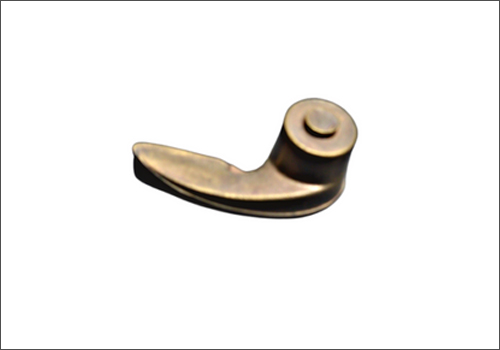
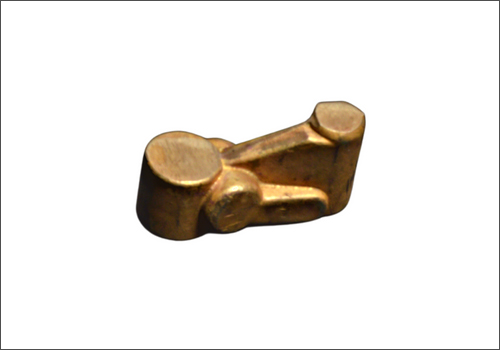
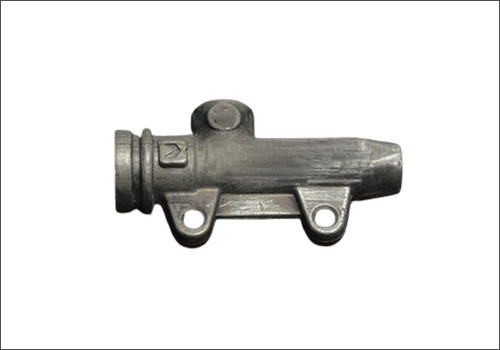
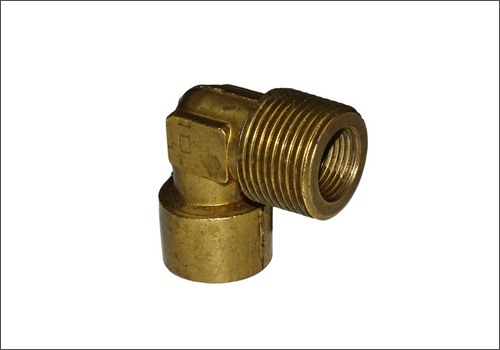
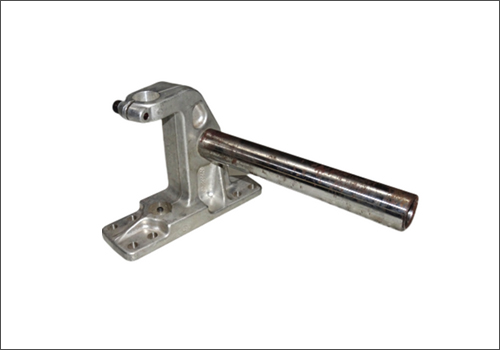
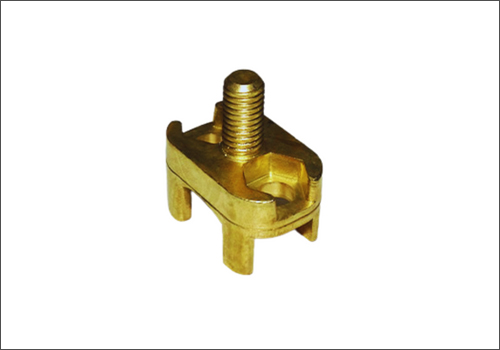
Indo German Shell Cast is a proud manufacturer of Non Ferrous Forging. To uphold this commitment, our dedicated team of professionals from production, quality control and procurement ensures that no material enters or leaves our facility without rigorous quality verification. Backed by advanced technology and modern machining facilities, we prioritize exceptional customer service, ensuring seamless documentation, timely deliveries and best quality at every step.
Forging for non-ferrous metals is a critical manufacturing process that involves shaping metals such as aluminum, copper, brass, bronze and their alloys through the application of compressive forces. Unlike ferrous metals, non-ferrous metals are chosen for their unique properties including corrosion resistance, lightweight nature and excellent electrical and thermal conductivity. The forging process typically involves heating the metal to a specific temperature, either above or below its recrystallization point,depending on whether hot or cold forging is employed. Hot forging is commonly used for metals like aluminum and copper to achieve better formability and reduced work hardening effects. Cold forging, on the other hand, is suitable for softer non-ferrous metals and allows for precise shapes with minimal post-processing. The process can be executed using various techniques such as hammering, pressing, rolling or squeezing in closed dies, which ensure controlled deformation of the metal while enhancing its grain structure.
Non-ferrous forging is widely used across industries like aerospace, automotive, electronics and marine due to its ability to produce components with exceptional mechanical properties and dimensional accuracy. Techniques such as roll forging and precision forging are often employed to create near net shapes with reduced material waste and machining requirements.
Additionally, specialized methods like isothermal forging are utilized for materials requiring uniform heating conditions to maintain consistency in mechanical properties. Forging temperatures vary significantly depending on the metal, for instance, aluminum is forged at relatively low temperatures compared to steels. The choice of forging method and temperature depends on factors such as the metal’s ductility, desired shape complexity and application requirements. Non-ferrous forging processes also demand careful consideration of die materials and lubrication to prevent wear and ensure smooth operations. Despite its technical challenges, forging remains an indispensable technique for producing durable and high-performance parts from non-ferrous metals in modern manufacturing settings.